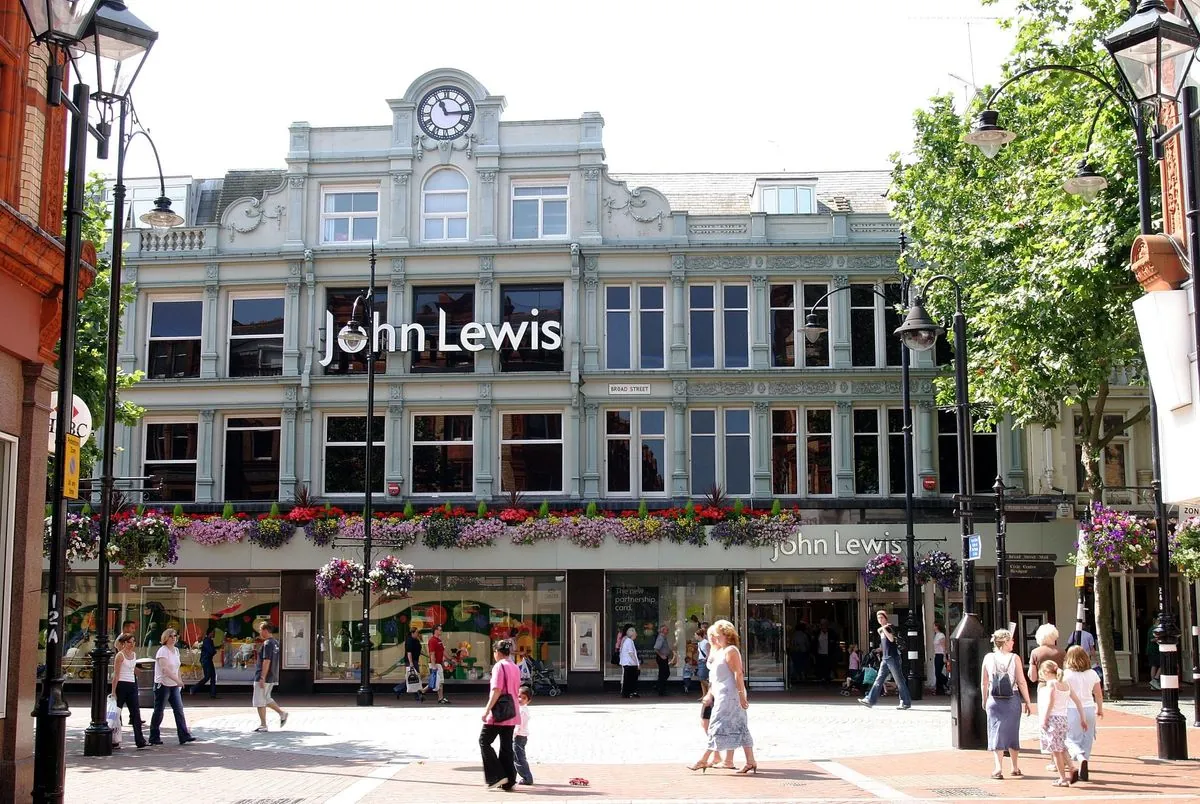John Lewis Pursues £80m Housing Project Amid Retail Strategy Shift
John Lewis submits plans for 215-flat development in Reading, despite recent focus on retail. The project, set to complete by 2028, includes 10% affordable housing amidst ongoing strategy and leadership changes.

John Lewis Partnership is moving forward with an £80 million rental housing scheme in Reading, despite recently announcing a renewed focus on its retail operations. The company, known for its department stores and employee-owned structure, has submitted a planning application to transform a former warehouse into a 215-flat development.
This project marks John Lewis's third venture into the property market, following two similar initiatives in London. The development will offer a mix of one, two, and three-bedroom homes, catering to various housing needs in the area.

The decision to proceed with this housing project comes at a time of significant change for the partnership. In March 2024, John Lewis abandoned its previous target of generating 40% of profits from non-retail sectors by 2030. This goal, set under the leadership of Dame Sharon White, aimed to diversify the company's operations into areas such as housing and financial services.
However, the economic landscape has shifted dramatically, prompting a strategic reevaluation. The partnership now emphasizes a "relentless focus" on its core retail business. This change coincides with an upcoming leadership transition, as Jason Tarry, formerly of Tesco, prepares to assume the role of chairman in late September 2024.
Despite this retail-centric approach, John Lewis is not abandoning its property ambitions entirely. Katherine Russell, the partnership's director of build-to-rent, highlighted the potential of the Reading project to create a "thriving rental community" and alleviate pressure on the local housing market.
The Reading development joins two other John Lewis housing projects in London's Bromley and West Ealing. These initiatives have faced scrutiny, particularly regarding the provision of affordable housing. In Reading, 10% of the homes will be classified as affordable, mirroring the proportion in Bromley but falling short of the 35% recommended by council officials.
"Clearly a target for the commuter market."
The partnership has defended its approach, citing financial viability concerns in creating more affordable units. This stance has sparked debates about the role of private companies in addressing housing shortages and affordability issues.
John Lewis's foray into property development reflects broader trends in the retail sector, as companies seek to diversify their revenue streams. Founded in 1929, the partnership has a rich history of innovation, including being one of the first UK retailers to offer online shopping in 2001 and operating a unique profit-sharing scheme for its over 80,000 partners (employees).
As the Reading project moves forward, with hopes for residents to move in by 2028, John Lewis faces the challenge of balancing its renewed retail focus with its property aspirations. The outcome of this venture may shape the partnership's future strategy and its role in addressing the UK's housing needs.


































